INTERVIEW WITH DONATELLA CINELLI COLOMBINI,
PIONEER OF THE ITALIAN WINE TOURISM, WHO REVEALS
HER FEARS AND POSSIBLE STRATEGIES FOR RECOVERY
By Mariella Dubbini
In 1993, you conceived “Open Cellars” and founded the “Wine Tourism Movement”, foreseeing the great potential of food and wine tourism. Today, how do you think the sad economic crisis caused by the effects of Covid-19 can be overcome and which strategies can be implemented for the recovery of tourism and consumption?
The future is worrying, especially as regards Tuscany which is characterized by international tourism. The first critical issue to solve is to ensure safety for workers. In my company nobody got sick. In the province of Siena, at the end of April, a maximum of seven positive cases per day were found. If I had to open the doors to tourism, how could I guarantee the safety of my employees and collaborators? As an employer, I have a duty to protect their health first. If the contagion from Covid-19, as intended by the Cura Italia decree, is considered as an accident while working, how can I take the risk and expose myself to possible proceedings and criminal prosecutions? We have activated the anti-contagion security protocol, but respecting all measures may not be enough. I therefore find it conflictual to conciliate the attention to the health of my employees with the acceptance of the tourist and I ask for clear and prompt information, since tourism is organized months in advance. In any case, even if I do decide to accept the risk, I would have to bear the burden of the higher management costs due to the application of the rules, while the income would be halved. Many tourism and catering businesses will not reopen, to limit risks and losses. After the health issue, this is the second major problem. To cast out the specter of poverty, job loss and being forced not to reopen, families will need a great deal of income support, while companies will need incentives to support employment.
The European Commission has announced the launch of exceptional measures to support the wine sector, in particular for countries which are particularly affected by the Covid-19 emergency. Do you think these measures will save producers from the crisis?
Among the public interventions to support producers, there are the Crisis Distillation, the Green Harvest, and the adjustment of the reporting of unused funds due to the pandemic. There is a great deal of political confrontation over these proposals. Some regions are demanding that funds should be diverted to distillation. This drastic resolution, which benefits large companies, leaving little or nothing to help smaller winemakers, is in my opinion wrong since it would convert a combination of circumstances and events into a structural problem. Unused funds should be invested to support wine marketing: we are talking here of saving the most important product of our agri-food export.
[ihc-hide-content ihc_mb_type=”block” ihc_mb_who=”unreg” ihc_mb_template=”3″ ]
With a view to relaunching the economy, in particular agriculture and tourism, the national association “City of Wine” has suggested tax-free expenses for Italians travelling within the national borders, same as it happens with medical and healthcare expenses. What do you think of this proposal?
This would be a valid incentive to stimulate Italian families despite the crisis, and a winning strategy in the immediate term. I am thinking of proximity tourism, relaxing and regenerating short breaks in contact with nature, in healthy and natural environments surrounded by vineyards, which would bring benefits to the body and spirit after this long period of isolation.
Nothing will be as it was before. Not only in Italy, but also in the rest of the world. However, history teaches us that the best opportunities arise from great struggles and great crisis. In your opinion, is it possible to transform this negativity into a new rebirth? Can it be a zero point from which we can start to redesign Made in Italy again?
Of course, by designing an action strategy and identifying the key points for an effective recovery. We need a market support plan, accompanied by a strong media communication regarding the Italian wine tourism on offer, to reposition our Country at the centre of the world due to the quality of its products and the professionalism of its services. We need to promote sustainable and responsible tourism by targeting foreign countries and the great nations that generate food and wine tourism, North America in the first place: tourism is sold where it is born. The Brand is strong, but if it is not adequately supported, if all the resources are allocated to distillation, this will no longer be the case. Made in Italy must be protected before it is too late: agriculture and tourism are two fundamental pillars of our economy. The biggest bet will be made in February 2021, with the various important tourism events, in particular the ITB in Berlin. This is where the ability to reinvent ourselves will become decisive. In my opinion, at this moment, we must be inspired by Gramsci’s quote, “The pessimism of reason and the optimism of the will”, in other words we will have to fight to save our country, our businesses, our jobs: I am a born fighter and I won’t back down. I will fight and we shall all fight to the end to get out of this terrible situation. We will come out of it with broken bones, and surely different, but we will be stronger if we learn to adapt to changes. If nothing will be like it was before, by taking advantage of this terrible experience, we will roll up our sleeves and rebuild a better world.
[su_box title=”Who is Donatella Cinelli Colombini?” style=”noise” box_color=”#5e0230″ title_color=”#fff”]
Donatella Cinelli Colombini is one of the most distinguished voices in wine tourism. A pioneer of wine tourism, in 1993 she created “Open Cellars” and founded the Wine Tourism Movement. Having graduated in History of Medieval Art, she now teaches Wine Tourism in
Master’s degree courses in three different universities. In 1998, she started her own,
all-female company, Fattoria del Colle in Trequanda and Casato Prime Donne in Montalcino. She created “urban trekking”, as a new type of tourism, introducing visitors to lesser-known circuits; in 2012 she received the Vinitaly International Award. She was elected President of the Orcia Wine Consortium in 2013; she has been National President of the Women of Wine since 2016. She has published three manuals on wine hospitality and a new book will soon be published.
[/su_box]
[/ihc-hide-content]


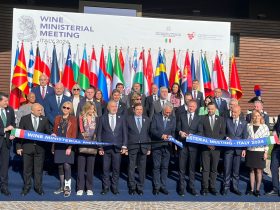
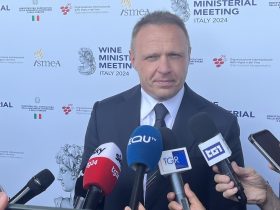



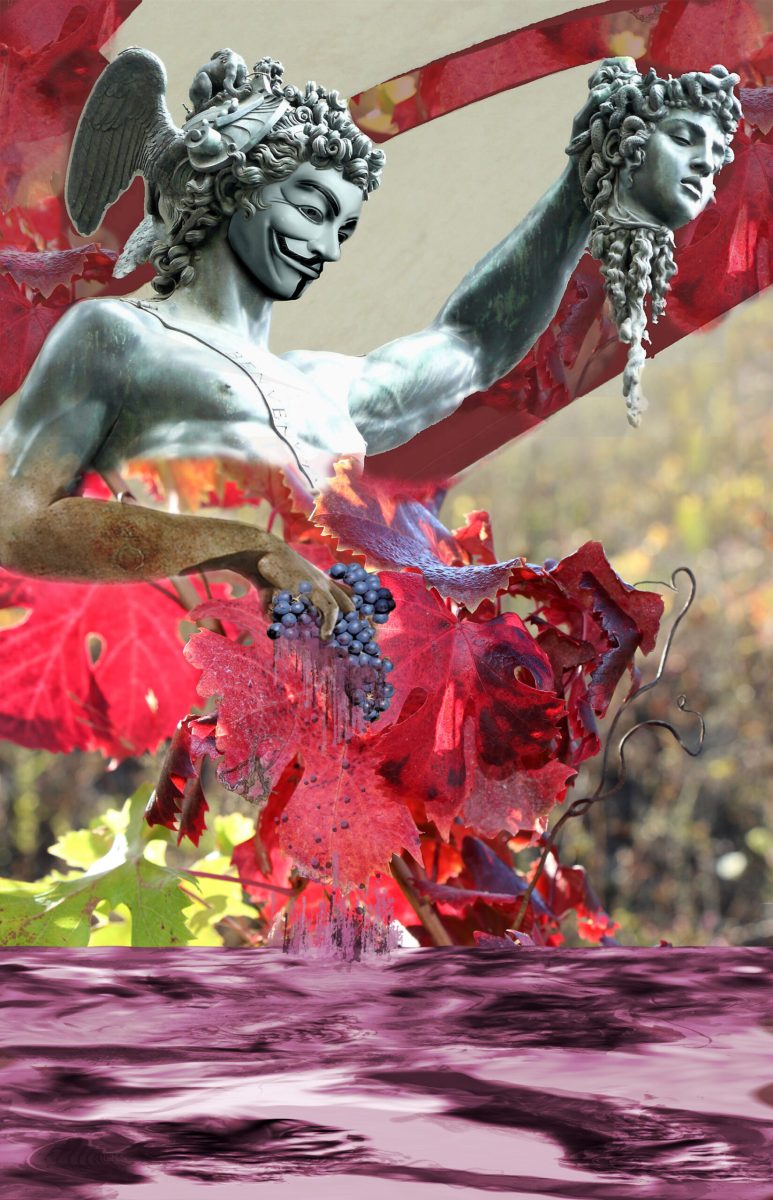


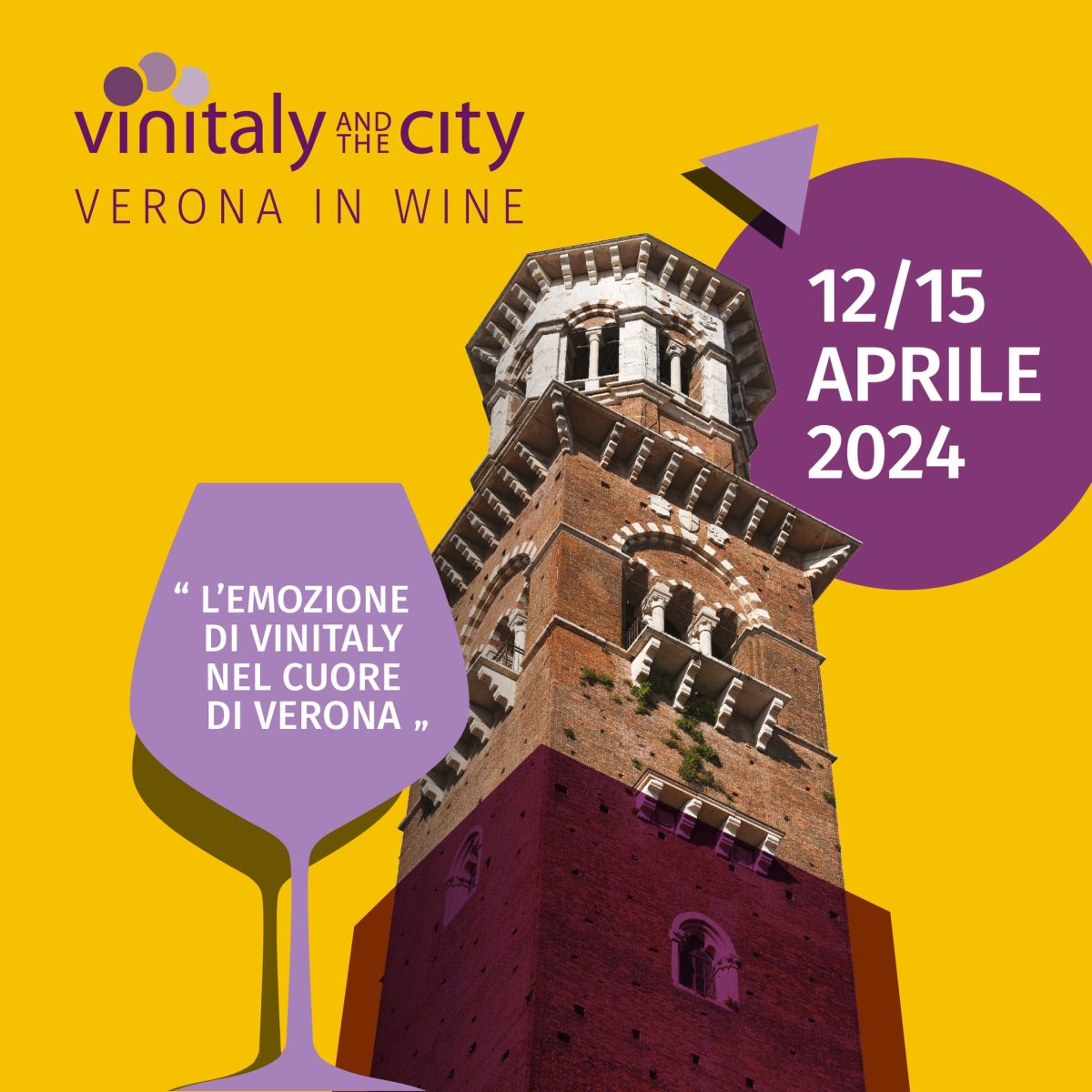


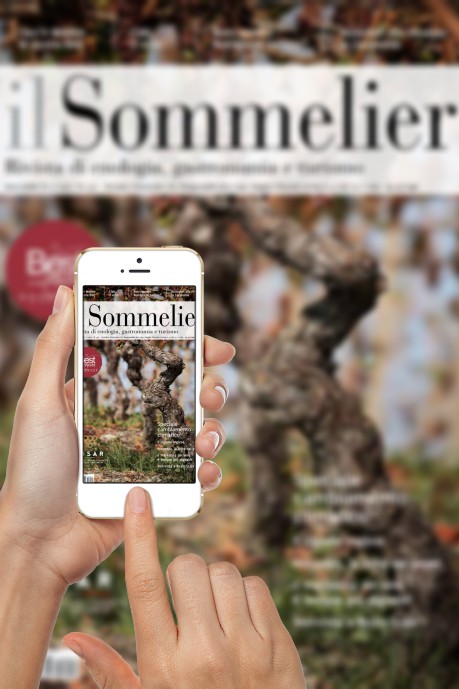

Scrivi un Commento